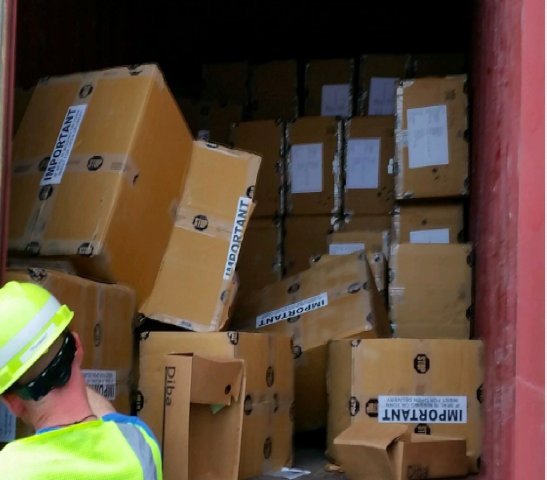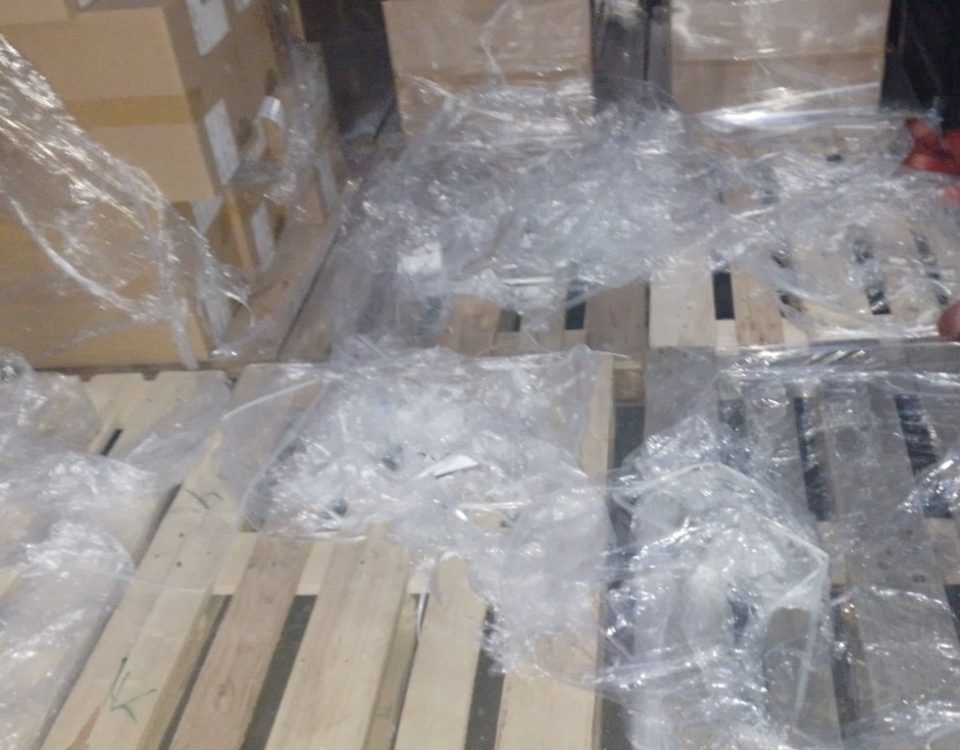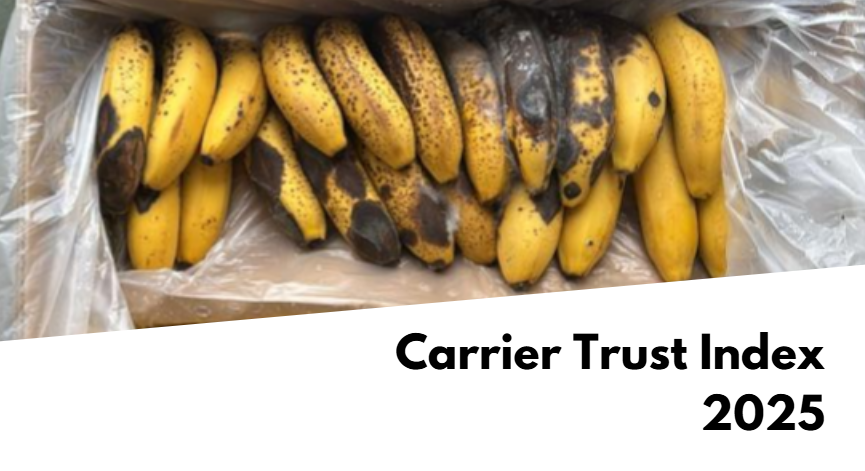The last thing you want as a cargo shipper after covid-19

Demystifying Cargo Insurance
September 13, 2020
If you do not know anything about cargo claims, do this ONE thing
September 13, 2020When global economy slowly revives, cargo thieves enjoy it as well because the shipping volume of desirable goods increases, as does demand. What’s targeted? You name it – electronics, clothing and apparel, foodstuff and beverage are really popular because it is easy to resell. Perfumery and cosmetics are frequently pilfered as well due to IMO class #3 labels on side container panel of container.
How to reduce risk & losses?xx
Action plan 1
Make sure at POL or place of origin you take pictures of fully loaded cargo in container and containers duly sealed with manifested on BL seal numbers. In case of cargo theft in transit, this evidence will serve you to prove that cargo was fully stuffed as indicated in the packing list and BL.
Action plan 2
Make sure you manifest cargo in BL in the smallest actual quantity e.g. 3000 boxes instead of 2 pallets. This way package limitation will not be applicable when you claim losses from the shipping line.
Action plan 3
For port to port FCL ocean shipments (Remember shipping line is legally liable for any pilferage taking place from port to port).
- Plan pick up time as soon as the container is discharged at POD. Organised theft groups are active and recognise shipments that are unattended for longer periods of time. Port storage fees are more expensive during this period of the year as well.
- At the time of container pick up at the terminal make sure trucker inspect container from outside to ensure the seal is intact and container’s door were not tampered before delivery. All remarks should be mentioned in delivery order and shipping line should be invited to attend a joint cargo survey at your warehouse.
- Make sure trucker can protect freight by avoiding high-theft metropolitan areas and by parking in high-security locations with security services, secure fences, and high-visibility lighting. Most prevalent examples involve a thief following a driver from the terminal until he stops, then stealing the cargo at that location or illegal pick up of container.
Action plan 4
For door to door FCL shipments under BL (legally shipping line is liable for pilferage from place of origin to place of delivery).
- Always inspect if the container was delivered to you with manifested seal. If not, urge the shipping line to attend a joint cargo survey. Do not open container or unload cargo beforehand. Remember, if shipment is door to door under carrier’s BL, it is not shippers job to indicate where in transit your cargo was pilfered.
Second largest concern shippers have is cargo delay in delivery.
Delivery speed is important, as 97% of consumers said speed is at least somewhat in determining whether they will purchase a product.
Action plan 5
Shipments can get delayed during peak season. Ships might reach overcapacity and then a container can get rolled. If you’ve got certain products you need to arrive on time more than others, get these shipped first. The good approach is to focus on transporting the essentials that you know will make you money during the holiday season.
Bear in mind that if shipping line promised you exact delivery day (not ETA) and then cargo delivery was delayed — you can claim compensation. Alternatively, if your cargo is outbound/inbound from these countries shipping line have to pay compensation for delay of delivery regardless of BL terms.
Action plan 6
A handy way to manage your risk of delay is to split your shipments. If you are shipping numerous containers on one shipment, consider splitting them under numerous bills of lading. Let’s say you’ve got ten containers on a bill of lading. If that bill gets rolled, so will all 10 containers. Some containers might still come through if you ship into several bill of ladings.
Action plan 7
When booking ahead, consider securing a shipment with a longer transit time. Choosing a less popular route could reduce the chances of your cargo getting rolled. Freight forwarder can advise about more reliable cargo routing as some ports are extremely congested at this time of year.
Final thoughts
Increased cargo volumes can be a challenge at times, it’s also full of great opportunities that provide a significant boost in revenue across industries. Overcoming these freight shipping challenges becomes easier by planning ahead and knowing your rights when cargo is lost or delayed in transit. Choosing the right partnerships will drastically increase your chances of success and peace of mind.



